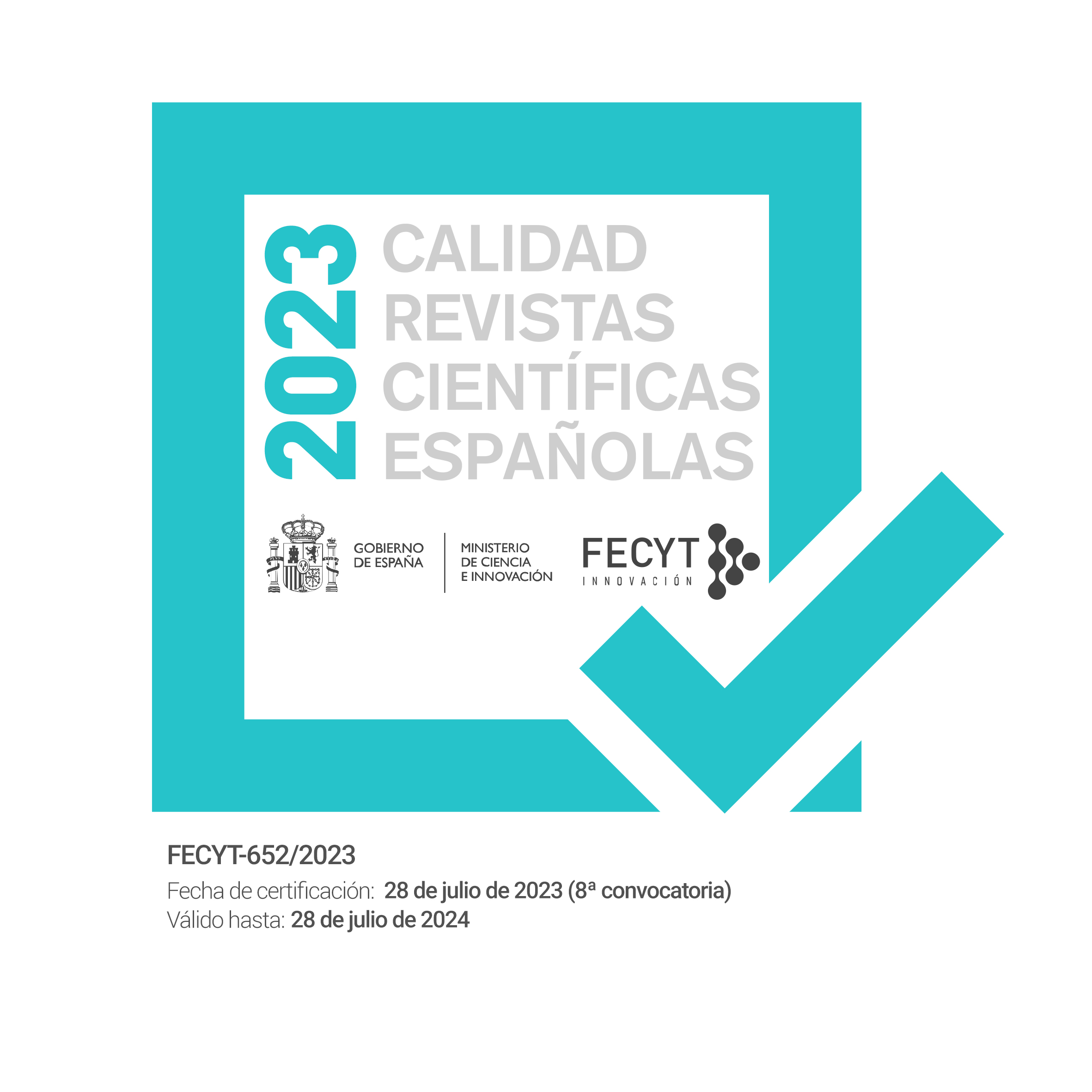El efecto de tres actividades centradas en las formas (focus on forms, fonfs): la selección de definiciones, la selección de ejemplos y la escritura de oraciones, en el aprendizaje de vocabulario en segundas lenguas.
Palabras clave:
Aprendizaje de vocabulario, actividades centradas en las formas, escritura, nivel de participación o compromisoResumen
Resumen. Este trabajo presenta los resultados de una investigación sobre la efectividad de tres actividades para el aprendizaje de vocabulario en una L2. 150 aprendices de español de nivel B1, distribuidos en tres grupos, practican con una tarea centrada en las formas (FonFs): unos se entrenan seleccionado la definición de la palabra estímulo; otros, eligiendo el ejemplo que incluye el equivalente semántico de dicha palabra; y, otros, escribiendo oraciones que la contengan. Los resultados indican que los que practican con la escritura son capaces de recordar más palabras; y los que menos, los que trabajan con las definiciones. Los promedios obtenidos por estos dos grupos son significativamente diferentes. Por lo tanto, la actividad que requiere un nivel de participación o compromiso mayor por parte del estudiante y le obliga a crear un contexto para insertar la palabra estímulo, es decir, la actividad productiva, es también la más eficaz para incorporar nuevas palabras al lexicón mental.
Palabras clave: aprendizaje de vocabulario, actividades centradas en las formas, escritura, nivel de participación o compromiso.
The effect of three activities focused on forms (focus on forms, fonfs): the selection of definitions, the selection of examples and the writing of sentences in the learning of vocabulary in second languages
Abstract. This paper presents the results of research on the effectiveness of three vocabulary learning activities in an L2. 150 B1 level Spanish learners, distributed in three groups, practice with a task centered on the forms (FonFs): Some train by selecting the definition of the word stimulus, others by choosing the example that includes the semantic equivalent of that word, and others by writing sentences that contain it. The results indicate that those who practice writing are able to remember more words, those who practice writing are able to remember fewer words, and those who practice definitions less. The averages obtained by these two groups are significantly different. Therefore, the activity that requires a higher level of participation or commitment on the part of the student and obliges him/her to create a context to insert the word stimulus, that is, the productive activity, is also the most effective to incorporate new words into the mental lexicon.
Key words: Vocabulary learning, form-centred activities, writing, level of participation or commitment.
Descargas
Publicado
Número
Sección
Licencia
Reconocimiento – No comercial (CC BY-NC). Bajo esta licencia el usuario puede copiar, distribuir y exhibir públicamente la obra y puede crear obras derivadas siempre y cuando estas nuevas creaciones reconozcan la autoría de la obra original y no sean utilizadas de manera comercial.
Los autores retienen todos sus derechos de publicación y copyright sin restricciones.








